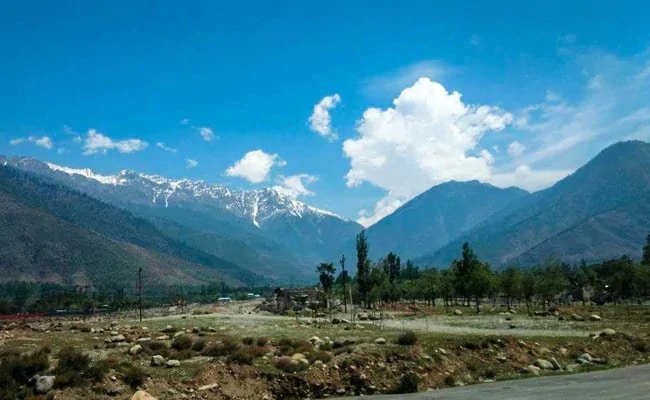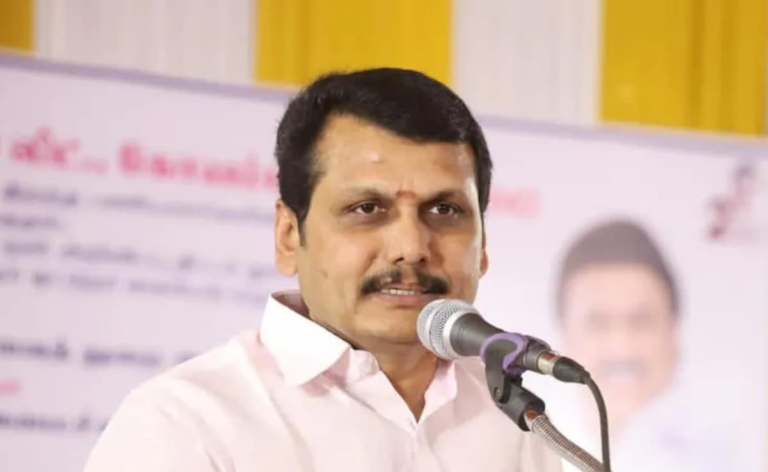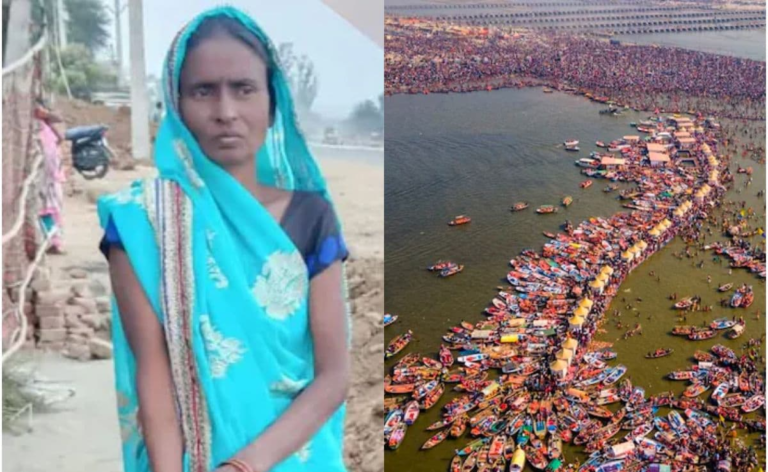

India has strongly criticised a joint China-Pakistan statement on Jammu and Kashmir
New Delhi:
India has strongly criticised a joint China-Pakistan statement on Jammu and Kashmir as “unwarranted references” since the Union Territory including Ladakh are “integral and inalienable” parts of India.
India’s response comes after Pakistani Prime Minister Muhammad Shehbaz Sharif met Chinese President Xi Jinping in China from June 4 to 8, during which both nations also discussed the so-called China-Pakistan Economic Corridor (CPEC), which passes through India’s sovereign territory in Pakistan-occupied Kashmir (PoK).
“We have noted unwarranted references to the Union Territory of Jammu and Kashmir in the joint statement between China and Pakistan of June 7. We categorically reject such references. Our position on the issue is consistent and well known to the concerned parties,” Ministry of External Affairs (MEA) spokesperson Randhir Jaiswal said in a statement.
“The Union Territory of Jammu and Kashmir and the Union Territory of Ladakh have been, are and will always remain integral and inalienable parts of India. No other country has the locus standi to comment on the same,” he said.
Referring to the so-called CPEC, which India does not recognise, Mr Jaiswal said, “The same joint statement also mentions activities and projects under the so-called China-Pakistan Economic Corridor, some of which are in India’s sovereign territory under forcible and illegal occupation by Pakistan. We resolutely oppose and reject any moves by other countries to reinforce or legitimise Pakistan’s illegal occupation of these territories, impinging on India’s sovereignty and territorial integrity.”
India has in the past said many times the $50 billion corridor that seeks to connect Kashgar in western China with Gwadar port in Pakistan, spanning 3,000 km, passes though India’s sovereign territory.
The China-Pakistan joint statement had said the Pakistani side briefed the Chinese side on the latest developments of the situation in Jammu and Kashmir, and the Chinese side reiterated that the Jammu and Kashmir dispute is a leftover from history, and should be properly and peacefully resolved in accordance with the UN Charter, relevant UN Security Council resolutions and bilateral agreements.
Pakistan’s extreme economic crisis is partly blamed on what experts call the “Chinese debt trap“, which had also inflicted Sri Lanka. Geopolitical experts have said it was China’s Belt and Road Initiative in Sri Lanka that caused the Lankan government to collapse in the face of street protests caused by severe shortages of essential commodities in June 2022.
“In Pakistan, it is the much-bigger China Pakistan Economic Corridor (CPEC), infamously called the ‘Chinese East India Company’, a symbol of colonisation…” Fabien Baussart of the noted think-tank Centre of Political and Foreign Affairs wrote in April 2022.
More than 40 countries have sorely felt the impact of the Chinese benevolence that seems ready to pull their people out of poverty, but instead lands them into debts that multiply and become difficult to be serviced, leave alone repaid. Among them are Laos, Zambia, and Kyrgyzstan. They mostly include less-developed economies, but some like Malaysia are intermediaries, Mr Baussart had said.




